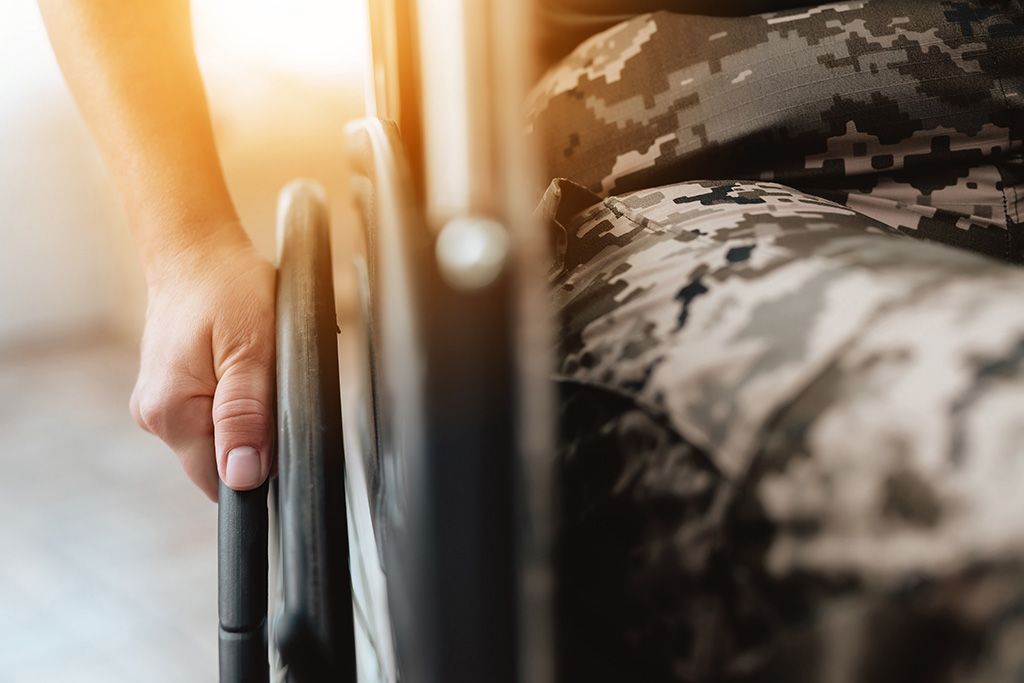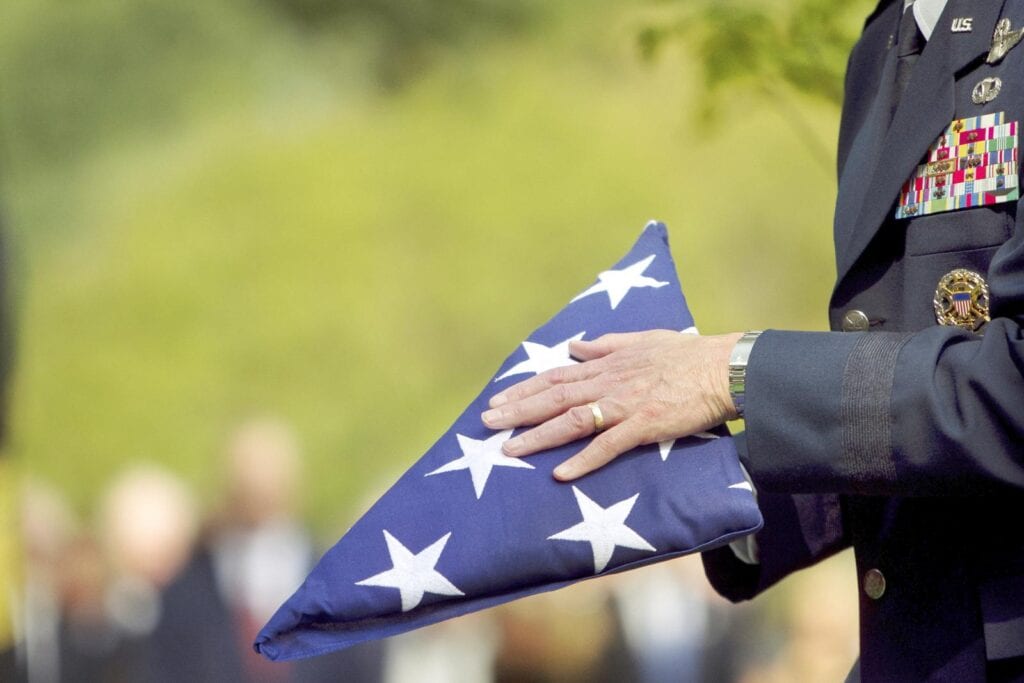10 Veterans Benefits You May Not Know About in 2024

While serving your country can bring you a lot of pride and respect, sometimes it can mean losing your limbs, mobility, or mental health. Although there are many programs and benefits available to veterans, here are ten veterans’ benefits of which you might not even be aware.
1. VA SMC Benefits

VA’s Special Monthly Compensation (SMC) benefits are funds that are not only tax-free but can be paid to disabled vets as well as their spouses and even their parents. While SMC does pay more than your typical benefit payment, it does require some extenuating circumstances in order for you to qualify. Some qualifying circumstances include but are not limited to:
- Female sexual arousal disorder
- Needing to be cared for by another person
- Loss of creative organs.
2. Exemption from Property Tax
If you own a home, you might be happy to learn that as a disabled veteran, you are entitled to a full waiver for your property taxes. Of course, this would depend on the state you reside in; however, most states allow an exemption for disabled military vets.
Check with your state tax assessor to find out what the qualifying criteria are. You might be able to have your property taxes reduced or have not to pay any at all.
3. DEA Program
VA’s Dependents Education Assistance (DEA) benefit allows the children and spouses of veterans to receive financial assistance for school or employment training. To qualify for this benefit, the veteran must be disabled, deceased, missing, or captured.
If the veteran is disabled, the disability must be service-connected. Also, the veteran must be fully disabled for the benefit to be applied. Nevertheless, there are lots of other programs, even scholarships available for veterans’ dependents.
4. VA Burial Allowances

If your spouse or parent dies as a veteran, you might be able to receive federal assistance with funeral and burial costs via a burial allowance. However, this help can be given only if you are not receiving any assistance or reimbursement from any other government agency, the deceased’s employer, et cetera.
Keep in mind that there is a limit on the amount of aid you can receive, and it depends on whether the deceased died as a result of a service-connected injury.
5. Student Loan Forgiveness
With the Total and Permanent Disability (TPD) program, veterans who are permanently disabled with a 100 percent VA rating can have their student loan debt forgiven. TPD also applies to veterans who have a TDIU (Total Disability Individual Unemployability) status.
Although these are the two known qualifying factors, if you have a VA disability rating of 100 percent scheduler, you might be able to have your student loans discharged as well. You can also click here for further assistance in tapping existing veterans’ benefits.
6. VA Pension Benefits
These monthly payments are aimed at wartime vets who meet specific criteria regarding age, disability, and net worth. The basic program includes veterans of 65 or above with no or very low income. Those under this age limit should meet one of the following requirements:
- receive Social Security disability payments
- permanent and total disability
- nursing home patient
If you qualify, you can still submit a claim for tax-free pension benefits even during the pandemic. You can learn more about qualifying and applying on this page.
7. Survivors Pension

Survivor Pension was formerly known as Death Pension. This tax-free benefit is meant to help the loved ones of a vet who has died in the line of duty or from injuries/illnesses linked to service. The amount can be received by the following family members:
- Surviving spouse who has not remarried and has a low income
- Surviving child or children ren who has/have not married
The recent increase in Cost-of-Living Adjustment (COLA) has led to a 1.6% increase in Survivor’s Pension rates.
8. Support for VET-Owned Small Businesses
The Vets First Verification Program is there to help out small businesses owned by vets. The program is run by the Office of Small & Disadvantaged Businesses (OSDBU), where you have to register to enjoy their support. The advantages include an edge if bidding on government contracts along with access to specialized platforms.
To qualify, a veteran working at the business must meet a set of conditions:
- Work full-time
- Owns at least 51% of the company
- Managerial experience
- Control over general management tasks
- Highest officer position
- Highest paid person in the company
9. American Corporate Partners
Starting a new life after service can be demanding on many levels. This offer is meant to help with employment and aims to decrease unemployment rates. The goal is to connect vets with top businesses in the hopes of landing a job. Furthermore, applicants also receive mentoring from a qualified expert to help them prepare both for the interview and the work environment. The transition to civilian life is always difficult, but it can become easier with proper support.
10. Caregiver Support

This is a non-monetary benefit offered to those who decide to look after a veteran. The Department of Veterans Affairs helps out by assigning a coordinator to the registered case and a free support line. The goal is to ease the heavy load of the caregiver by guiding them through bureaucracy and relieve some of the emotional toll of the job.
Conclusion
These are just some of the lesser-known benefits that veterans and their immediate families can access directly. Civilian life can be tough to adjust to after having served, much less having sustained a service-connected injury as well. For this reason, there are lots of programs put in place as an attempt to help veterans achieve some normalcy in their lives and their loved ones’ lives.
If you are a veteran in need of assistance, you can contact your local Veteran’s Association to find out what other types of assistance they might have available. You would be surprised just how much aid you can receive after you disclose your particular situation as well as your needs.




